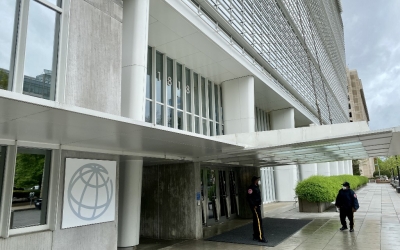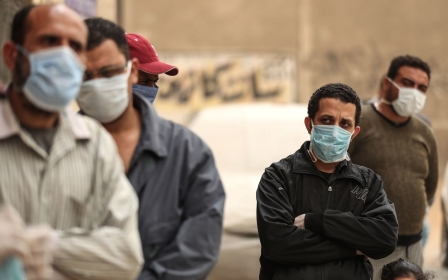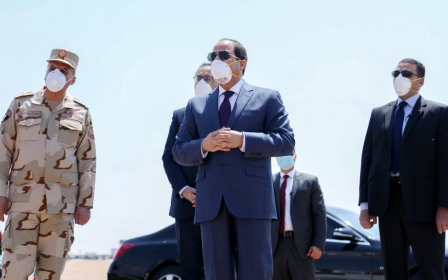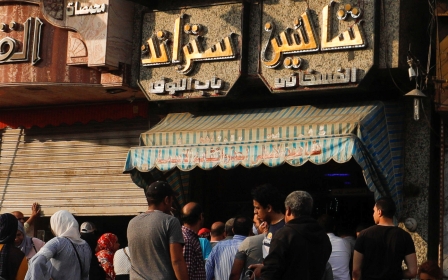Coronavirus: Egypt seeks aid from IMF amid virus-inflicted downturn
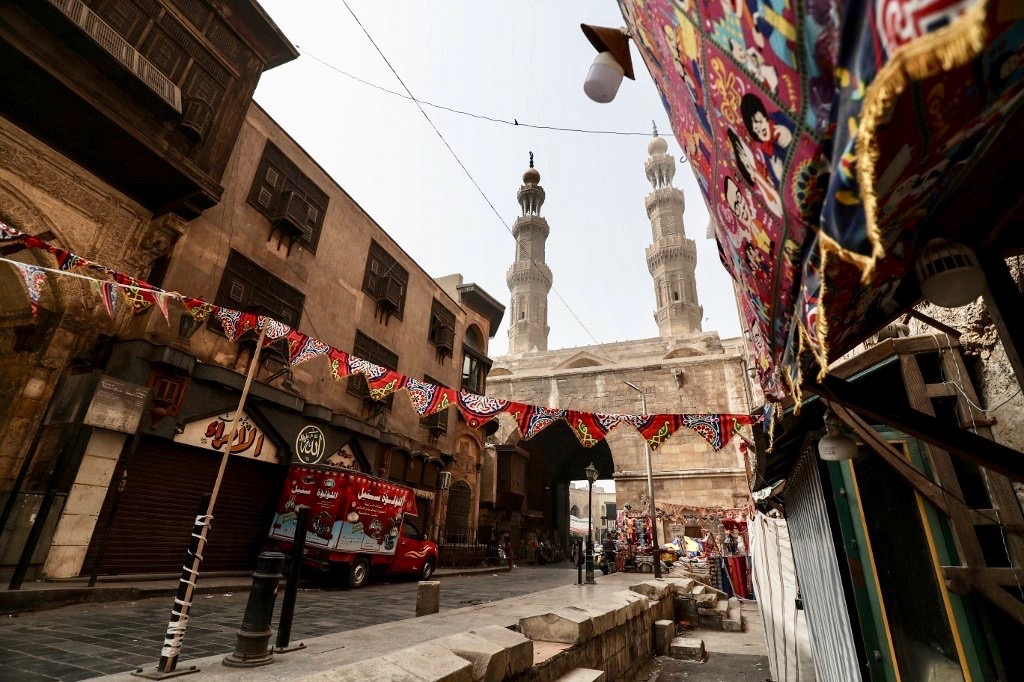
Egypt is seeking an aid package from the International Monetary Fund (IMF) to offset the economic impact of the coronavirus pandemic, Prime Minister Mostafa Madbouli said on Sunday.
In a televised news conference with the central bank governor and other ministers, Madbouli did not specify the size of the one-year financial aid package the government was seeking from the IMF alongside technical assistance. He said the loan would be negotiated "within days".
Kristalina Georgieva, managing director of the IMF, later said in a statement: “We fully support the government’s aim to safeguard the significant gains made under the successfully completed three-year Extended Fund Facility last year.” She added that "the Central Bank of Egypt has also implemented timely measures to support the domestic economy".
Egypt previously signed a $12bn aid package with the Washington-based IMF in 2016, with the last tranche paid out last year.
Mohamed Abu Basha, an economist with EFG Hermes, told Reuters: “It makes perfect sense to build additional cushions, given the uncertainty.”
Radwa El-Swaify, head of research at Pharos Security Brokerage, estimated that Egypt would seek a $3bn-$4bn package from the IMF.
Madbouli, while touting the North African economy's strong performance before the outbreak, said the aid package was crucial, given that flights are grounded and tourism halted.
"No one knows when this crisis will end, so we wanted to take some measures that would build on the economy's gains, especially after the complete shutdown of the aviation and tourism sectors," he said.
The crisis has shut down Egypt’s tourism industry, which accounts for 12-15 percent of gross domestic product, after the country closed its airports to most traffic in March. It is also threatening remittances from Egyptians working abroad, exports of natural gas and income from the Suez Canal, Reuters reported.
Egypt's tourism sector earned $12.6bn in 2019, the highest figure in almost a decade.
Central Bank Governor Tarek Amer told the joint news conference with Madbouly that Egypt had sufficient foreign reserves to help it cope with the pandemic for one or two years.
Still, the impact of coronavirus has been severe. Foreign reserves dropped from $45.5bn in February to $40.1bn at the end of March, Amer said.
Some growth seen
Planning Minister Hala El Saeed said that even though the "unprecedented crisis" prompted by the virus had affected global markets, Egypt was still on track to achieve 4.5 percent growth this year.
The country loosened its lockdown restrictions with the beginning of the holy month of Ramadan, allowing shops and malls to trade on weekends and reducing curfew hours by an hour to 9pm until 6am.
Since the 2011 revolt that toppled former president Hosni Mubarak, the economy of the Arab world's most populous country has sustained multiple shocks caused by political instability and security issues.
The government has imposed harsh austerity measures in recent years to try to reduce its deficit, including cutting subsidies on fuel and electricity.
The impact of economic reforms has been hardest on the poor, in a country where one in three lives below the poverty line.
Egypt has the third-largest economy on the African continent, behind Nigeria and South Africa.
Middle East Eye delivers independent and unrivalled coverage and analysis of the Middle East, North Africa and beyond. To learn more about republishing this content and the associated fees, please fill out this form. More about MEE can be found here.


